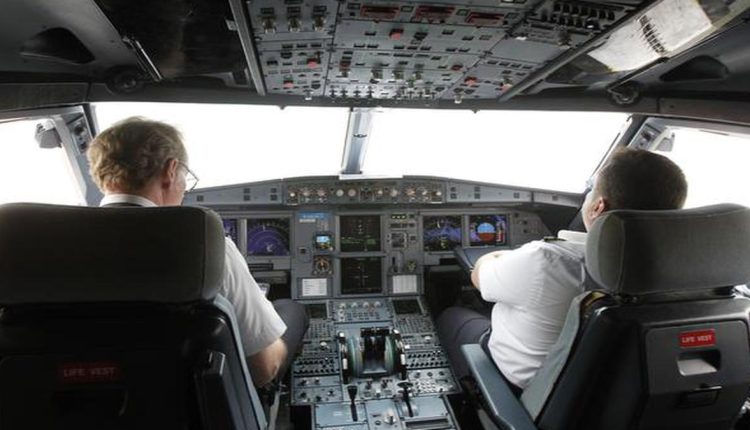Image for representation purpose only.
| Photo Credit: Reuters
The Delhi High Court has cleared the decision to require random drug testing of aviation personnel, including pilots, cabin crew and air traffic controllers.
Justice Prathiba M. Singh said, “after perusing CAR [Civil Aviation Requirement] as also after hearing parties and their counsels, it is clear that the testing of personnel for psychoactive substances is essential, considering the nature of services being rendered”.
The Indian Pilots Guild and the Air Traffic Controllers (ATC) Guild had moved the high court in February this year challenging the Section 5 of the CAR dealing with air safety, which was issued by the Ministry of Civil Aviation in September 2021.
The CAR, which came into effect on January 31, 2022, prescribes random testing of aviation personnel to detect any behavioural, cognitive and physiological changes due to use of psychoactive substances. The testing is done to check for substances such as amphetamine and amphetamine-type stimulants, opiates and metabolites, cannabis (marijuana), cocaine, barbiturates and benzodiazepine. Testing is done on urine samples collected from the randomly selected employees.
Till August this year, four pilots and an ATC have tested positive for psychoactive substances.
Only six substances tested
The pilots and ATCs raised various apprehensions before the court, arguing that there was no provision to consider the consumption of lifestyle medication such as medicines for hypertension or diabetes.
They also contended that the working of the rules is itself ambiguous due to the lack of a sufficient number of qualified Medical Review Officers (MROs). Additionally, there are no guidelines for appellate remedies or other remedies, if action is taken under CAR against aviation personnel, they said.
The Directorate General of Civil Aviation (DGCA), however, assured the court that the testing is done only for the six notified substances which “do not generally include hypertension medicines or anti-diabetic medications”.
More medical officers needed
Though DGCA admitted that the MROs that are currently available are very few in number, the high court said that, over time, it expected the DGCA to identify doctors who would undergo online courses and get the requisite qualifications, to increase the number of MROs available in India.
The pilots and ATCs had raised apprehensions that staff members would immediately be taken off duty when testing positive or non-negative.
The DGCA clarified that the random 10% of personnel who are tested have to first undergo a screening test. If they test positive, then a confirmatory test would be administered. Only if that also gets a positive result, the MRO would suggest “legitimate therapeutic treatment or some other innocuous source,” the DGCA said, adding, “thus, it is not an immediate action that the person is put off duty”.
“Thereafter, the MRO would consider counselling or reference of the concerned personnel to a deaddiction centre or rehabilitation centre, depending upon the nature of the levels of psychoactive substances disclosed in the testing,” DGCA added.
“It is accordingly directed that there is no impediment in implementation of the CAR, keeping in mind the clarifications recorded above,” the High Court said in its December 2 order.


